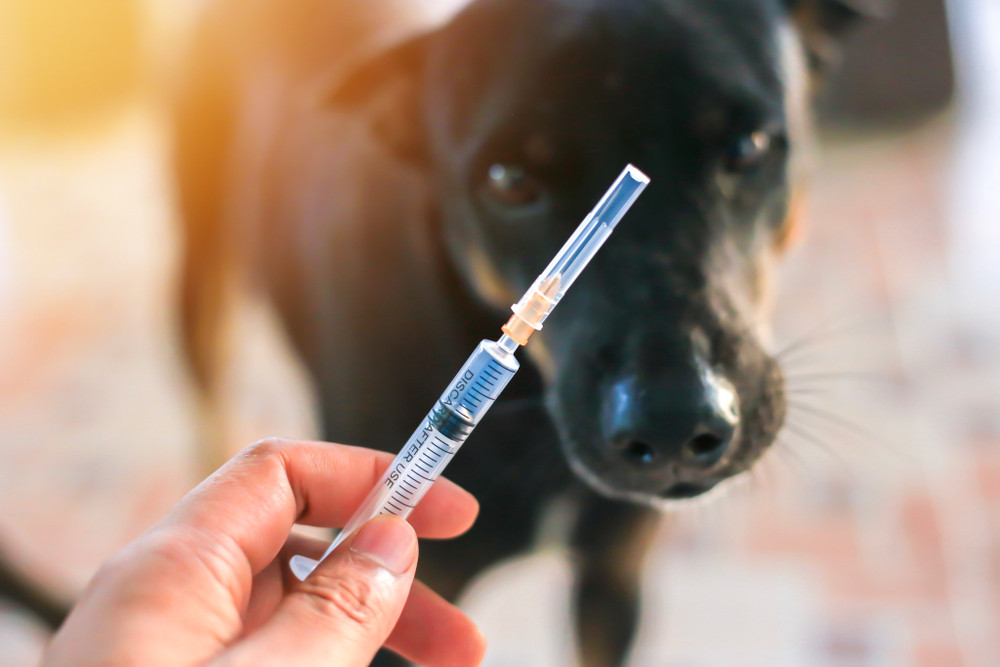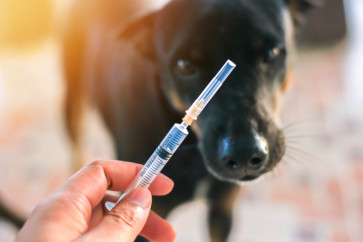Popular Reads
Top Results
Can't find what you're looking for?
View all search resultsPopular Reads
Top Results
Can't find what you're looking for?
View all search resultsZoonotic diseases pose a new challenge for healthcare system
The One Health approach is the appropriate way to prevent and respond to zoonotic diseases.
Change text size
Gift Premium Articles
to Anyone
A
dog named Canon recently went viral and sparked an outcry over alleged animal cruelty. A local official said the Aceh Singkil public order agency had sent warnings to the owner, but that they were unheeded. There had been reports that the dog had bitten two residents a few years ago. One of the residents had to get medical treatment outside the island because the rabies vaccine was not available locally.
Even in capital city Jakarta, the rabies vaccine for human use is only available at Tarakan regional hospital, Prof. Dr. Sulianti Saroso Infectious Diseases Hospital and one private hospital in Cibubur, East Jakarta.
Does this mean rabies is trivial? On the contrary, rabies can be fatal. The rabies virus infects the central nervous system. If a person infected with the virus does not receive the appropriate medical care after a potential rabies exposure, according to the US Centers for Disease Control and Prevention (CDC), the virus can cause a brain disease, ultimately resulting in death. Rabies can be prevented by vaccinating pets, staying away from wildlife and seeking medical care after potential exposure before symptoms start.
The late renowned veterinary surgeon, Koesharjono, once said that if you really loved animals, it would be best to have just one or two pets because aside from feeding them, you also needed to give them care and attention, keep them clean and healthy and make sure their vaccinations were up to date.
Local governments have routinely conducted free rabies vaccination programs for cats and dogs. Anyone with a local ID card can have their pets vaccinated. Pet owners who want more protection for their canine or feline companions can visit any veterinary clinic to get shots to protect cats and dogs from diseases caused by viruses and bacteria.
All animals, including domestic animals like dogs, cats, birds, goats and monkeys, can potentially spread disease to humans.
A disease transmitted from animals to humans is called a zoonotic disease. Some people may confuse zoonotic and vector-borne diseases. They are both caused by viruses, bacteria, parasites or fungi transmitted to humans from animals. Some diseases that originate in animals must be transmitted through a “vector” (e.g., mosquito) in order to infect a human. Others can be transmitted directly through close contact with an infected animal through inhalation, ingestion or other mechanisms. Animals can sometimes appear healthy even when they are carrying germs that can make people sick, depending on the disease.



















